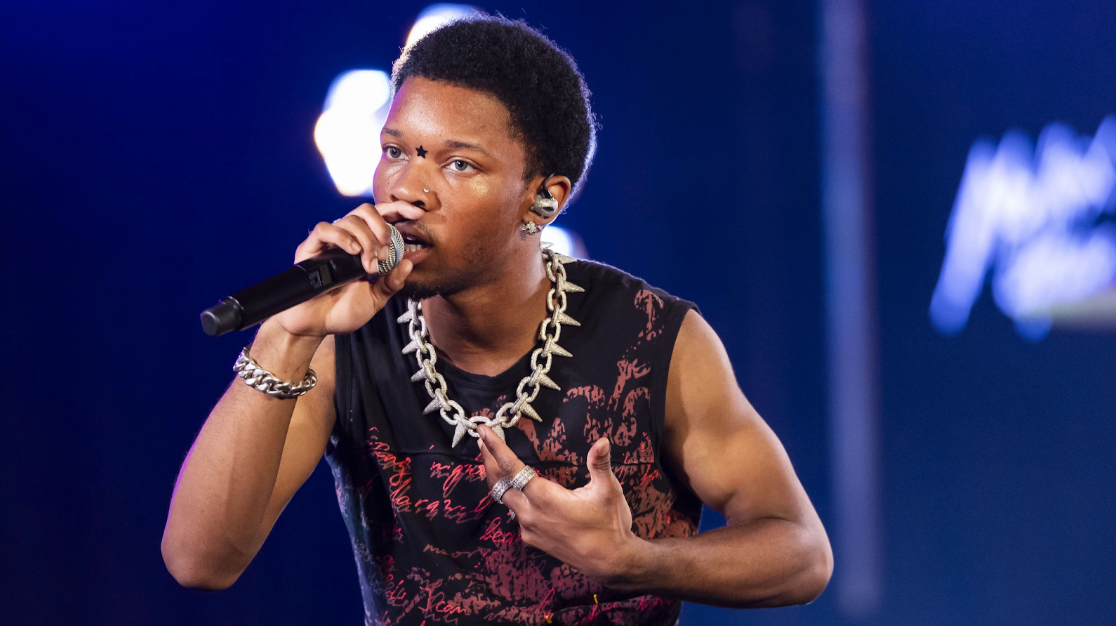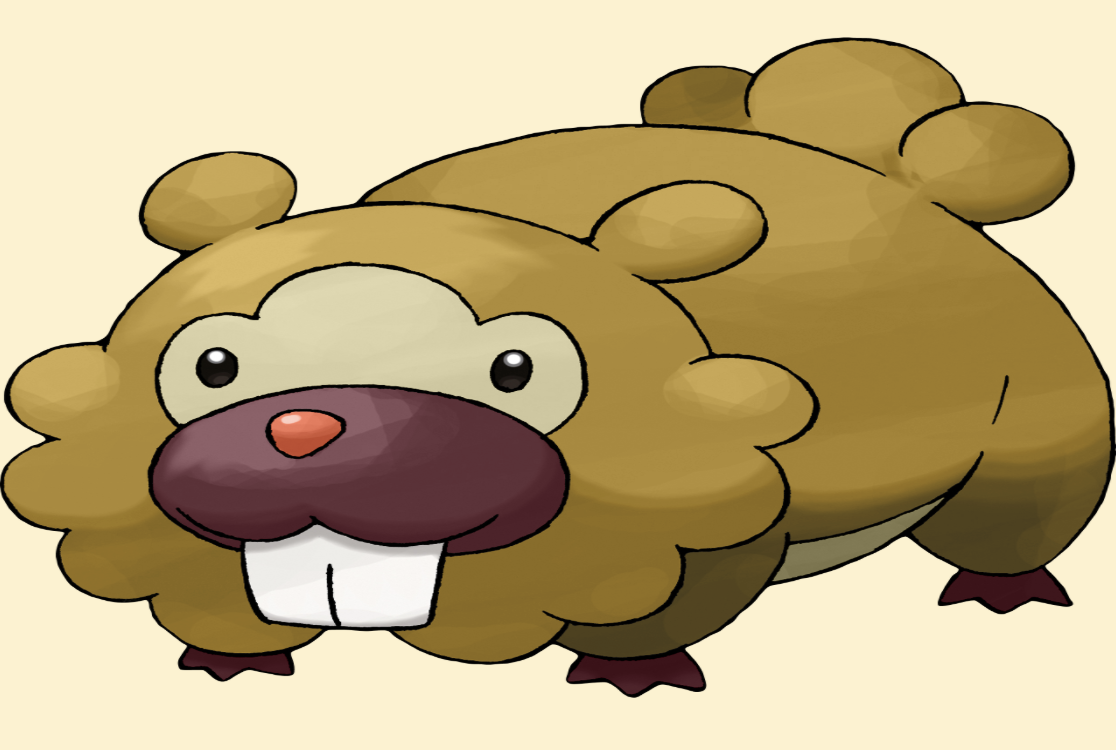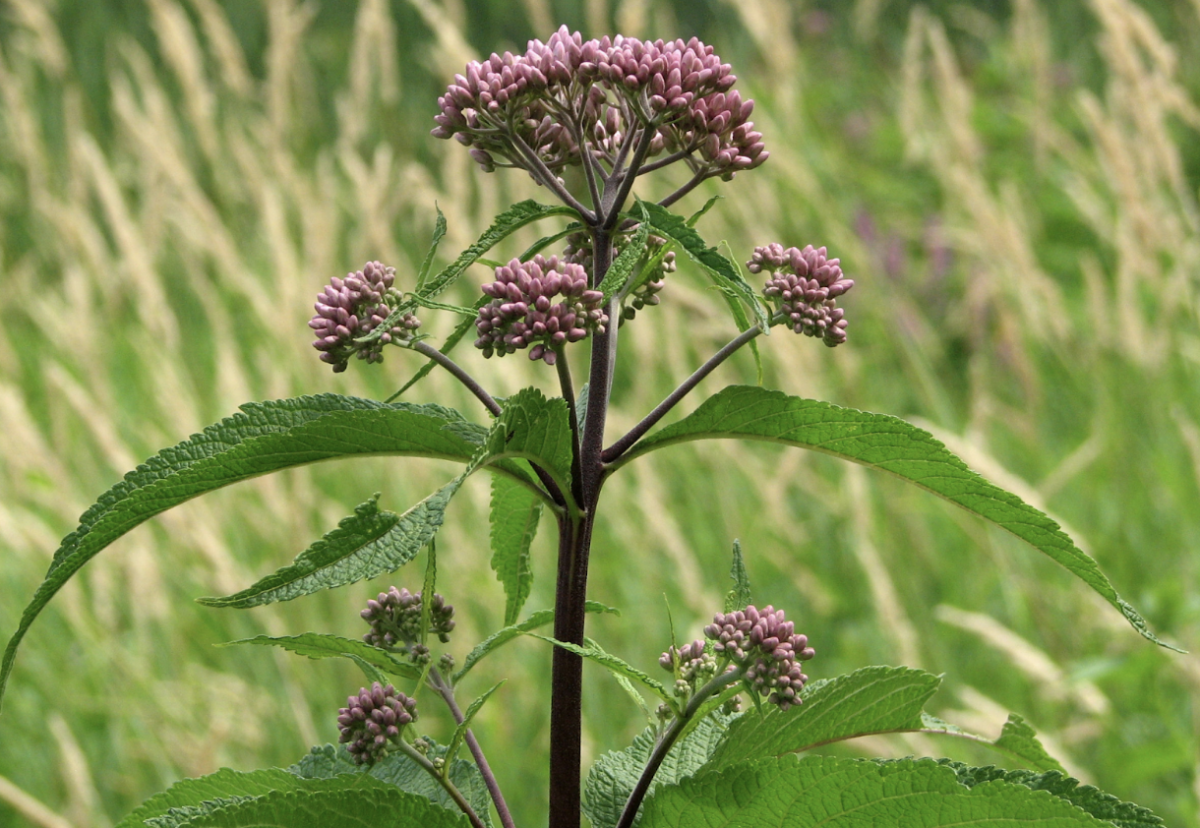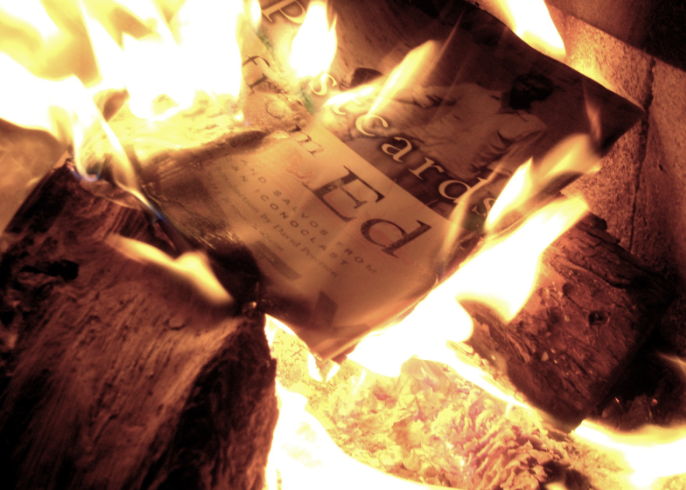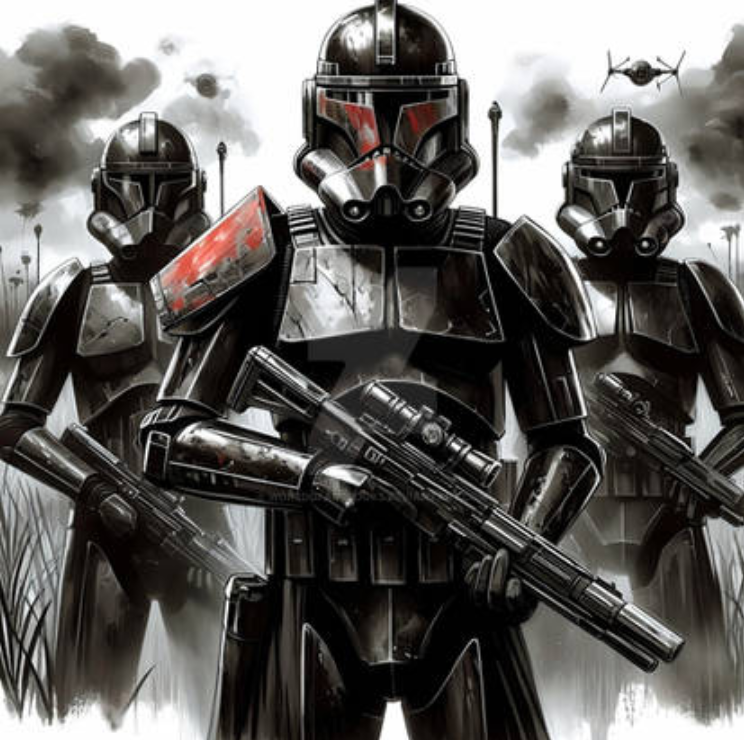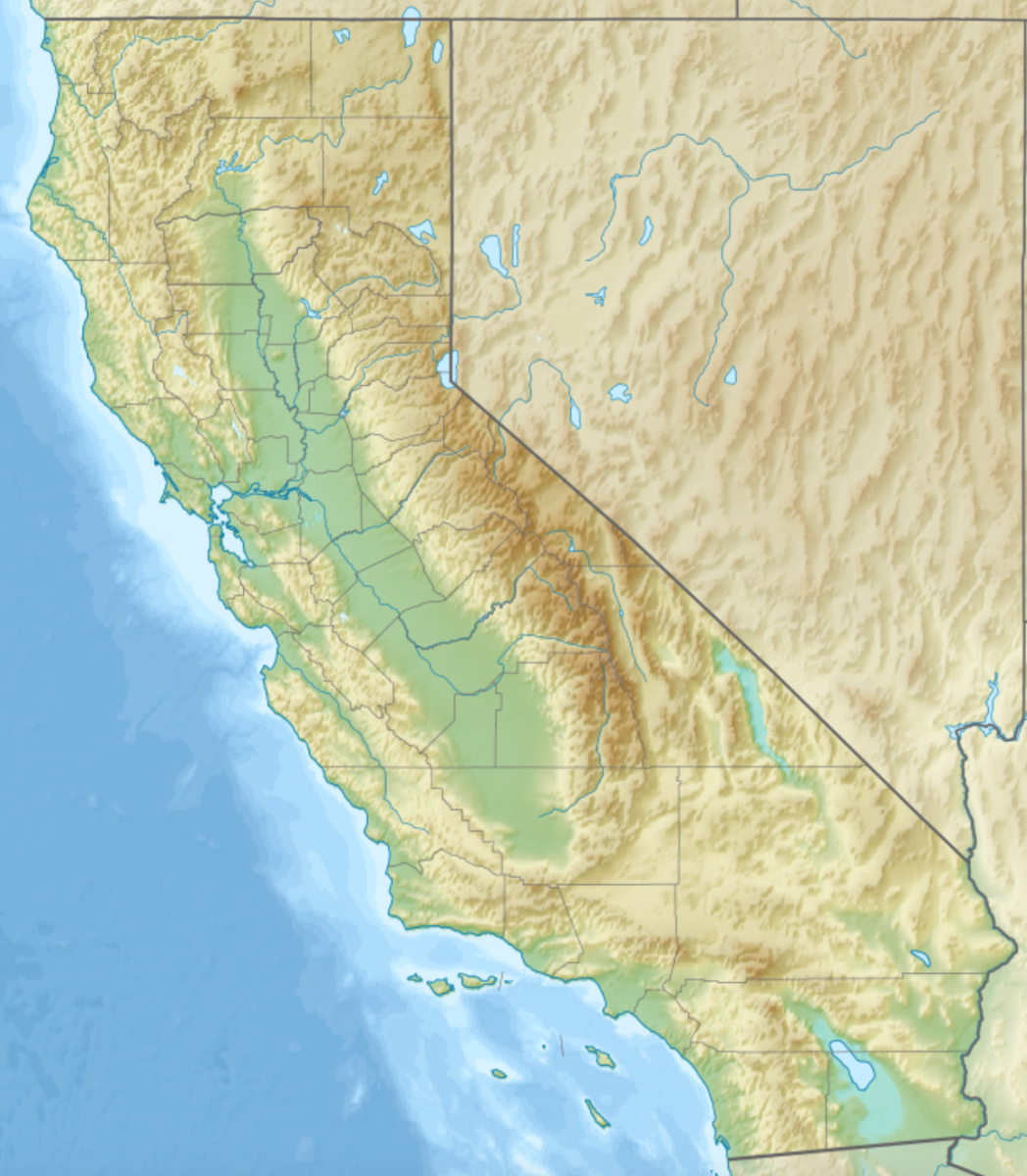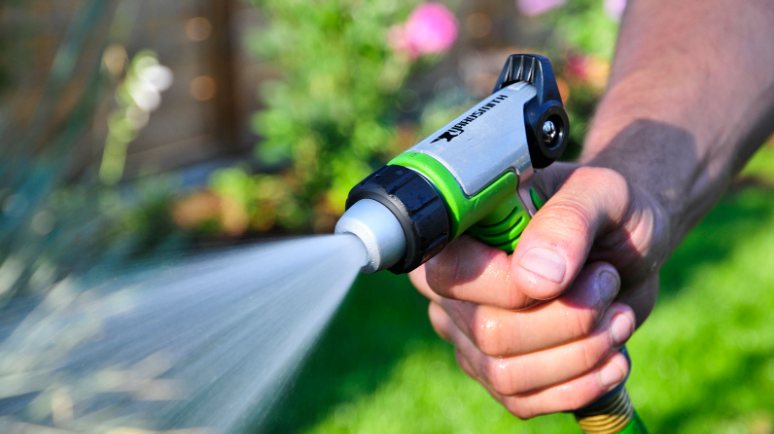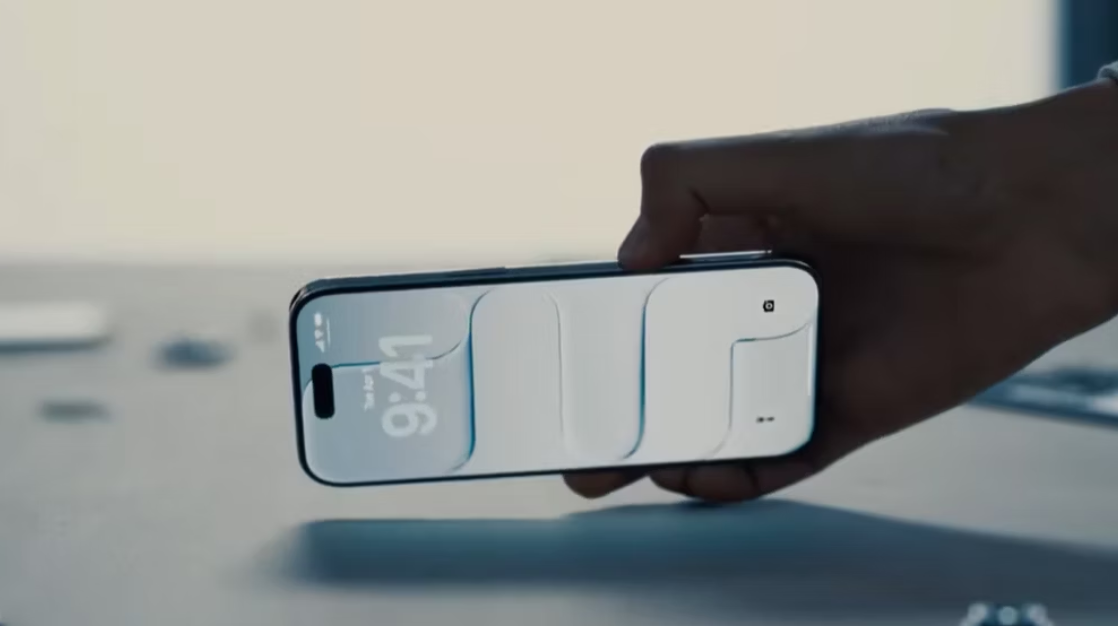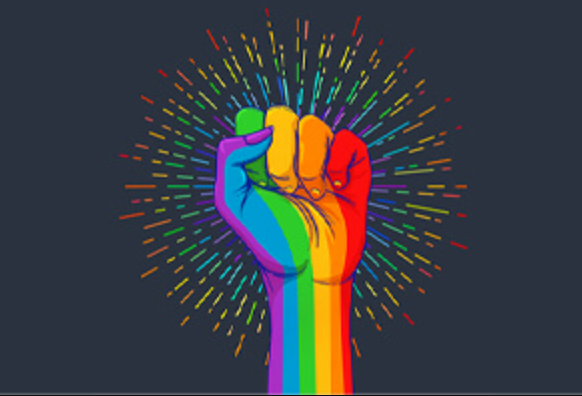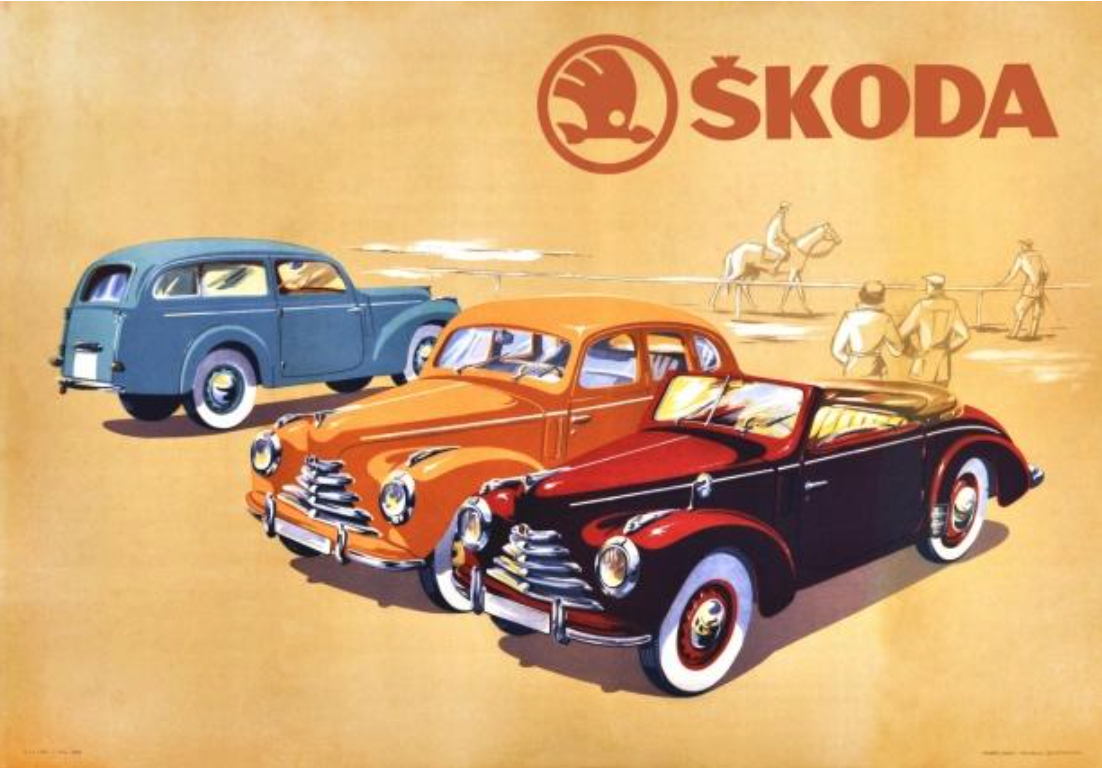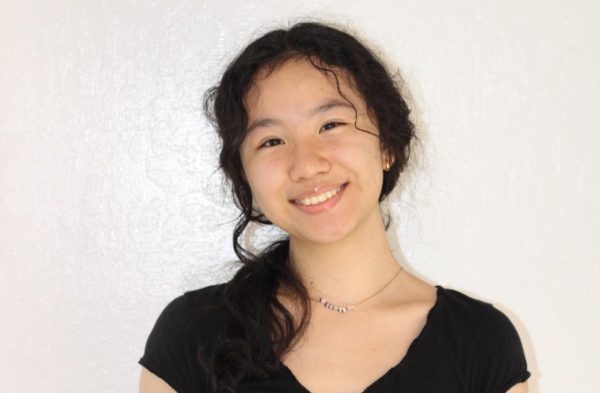Disclaimer: This interview consists of opinions based on different experiences from different students. While this publication may be used to gain some insight into the college app process, please remember that there is no “perfect formula” for getting into college and college applications vary by person. What works for one person may not work for another! Use your best judgment when taking advice from these interviews.
All interviews with The Quill are done with permission from the students. In order to protect their privacy, they may opt to be anonymous or just use their initials.
Alina: Now that college apps are over, how are you feeling?
Anvi: Well, I was nervous, but now I’m okay, because I got accepted to my ED school. So I’m feeling pretty good now; I’m stressed for everyone else, but everyone’s gonna end up fine so it’s gonna be okay.
Alina: I feel that too. How was your college app process?
Anvi: I honestly think I was kind of late in scheduling my whole timeline because people were already starting in the summer, and I wasn’t really thinking that much about it in summer. I was mostly focused on extracurriculars and research in the summer. And then in August, I started getting the jist of stuff, writing my personal statement, which I was done with in September. Then I used October for UCs and my ED supplements. I think for the rest, I was a bit overwhelmed, but I kind of paced it so I would have all of the colleges done by December.
I think I definitely worked a lot better at night. I feel like a lot of people are like a morning person, but I feel like the ideas just don’t flow as well. Also, if I’m in a time crunch, it always helps to get the ideas out.
Alina: Advice for those going to go through the college app process?
Anvi: Well first of all I would start a lot earlier, like mid-July-ish. Like obviously you don’t want to take up your whole summer doing this. But also just kind of something I learned through my essays was how to be more authentic and don’t try to show yourself as someone colleges want to accept, but also more of someone you would want to grow into through your college experience. Don’t switch up your passions or the way you would portray yourself for them.
Alina: So you mentioned focusing on extracurriculars and research during the summer after junior year. What would you recommend doing that summer before college apps?
Anvi: I feel like that’s probably the most important summer because you’re the most emotionally intelligent and mature. And a lot of people try to focus on college apps that summer, but I also feel like it’s important to prioritize, like, depending on your field, getting a lot of hands-on experience, whether you’re doing research in life sciences or CS. Reach out to a lot of professors and things like that.
Alina: Moving on, how was your research experience?
Anvi: Honestly, it was really rocky. I wanted to conduct research earlier, but in the summer after 10th grade, I did this kind of volunteer/internship experience at the Veterans’ Affairs Hospital [VA]—personally, so I’m going into Neuroscience with a dual degree in Business—but, originally I was just planning to do Neuroscience, so I volunteered at the VA in the Psychiatry department. I got a lot of hands-on experience from there but it wasn’t real research, so in the summer after 11th grade I wanted to do a lot more research and just get the technical side of things. I applied to a lot of programs, and honestly didn’t get in anywhere I wanted to, so I kind of pivoted and did independent research by cold-emailing professors and finding opportunities from there. Personally, that was a lot more fruitful for me, as I was able to make a connection with them and that obviously helped with Letters of Recommendation.
Alina: Would you say working in universities closer to you or those you’re interested in helped more?
Anvi: Mine were all over the world, like I had one in Cambridge, one in UChicago. Just focusing on your specific subject area and just honing in on what you think is interesting, and there are people all over the world who are studying that. And you’re obviously going to be getting a lot of rejections, but professors don’t always want to be helping high schools, so keep trying and seeing which professors are willing to work with you.
Alina: Could you talk a bit more about your extracurriculars?
Anvi: In 9th grade, I honestly wasn’t doing much, but I started taking AP Psych, which was most of where I got my interests from. During that time, there was also a lot of mental health struggle, so I started the Mental Wellbeing and Activism club at school. Since that, in 10th grade, we were having info sessions and posters to put around school. We would have mental health tips and resources, and guest speakers about things like eating disorders and social media. And that was a really nice club to help raise awareness with the whole student body. Another thing was that I started DECA in 9th grade; that was less of my interest in business and more that I just wanted to check it out. DECA has been a super good experience because I would have never thought about business if it weren’t for DECA and now it’s one of my main fields of study. So you can explore so many things within DECA, too, with all the different events, so I would definitely recommend it just to see if you’re interested in business. Obviously if it’s not right for you, don’t pursue it; it’s just a lot of money, but yeah. Other than that, I also do ASB; I’ve been doing ASB since middle school honestly. It used to be Leadership Club, but then we transitioned it to ASB this year. I started getting leadership positions there in like 10th grade as a cluster head, which is like planning school events and increasing school spirit and all of that; now I’m the president of that and it’s been a super cool experience trying to head all the committees and trying to plan all the school events. Other than that, it’s mainly been research and volunteering. You can honestly find any type of volunteering job, cause I don’t think you really need qualifications, just a desire to help people. I volunteered with the Bay Area Community Clinic for a bit– you don’t always have to also have the highest positions, like the people in charge of vaccines and stuff, because obviously you don’t have the qualifications for that. But just being a part of the whole experience is cool.
Alina: High school advice and recommendations?
Anvi: I’d say first of all, I’d recommend that you don’t overload yourself, because I feel like I’ve met a lot of people who’ve just signed themselves up for all different types of things, like DECA, med, debate, this and that. They take up a lot of time– something I wish I did was to keep prioritizing my sport and instrument, because I felt like high school was just getting too stressful for me to keep up all at the same time. But I feel like it’s such an invaluable skill that’ll I think will help you a lot in life. But other than that, hone in on what you thought was interesting in middle and high school.. [Anon: I’m telling you, get an axe, go to forest…that’s literally the way..] Yeah, I hope that was helpful. Just sign up for like three clubs to get your foot in the door. Find what you’re actually passionate about. And obviously you won’t know from the get-go, you don’t have to until like 11th grade. Just go from there, and yeah, do what you feel is right.
Alina: Last question, congrats first of all—and I know it’s hard to say, but what do you feel like played bigger parts in your acceptance?
Anvi: Yeah, that is really hard to say. Okay, so there were a few different parts; there were a few essays to write for Penn, and then my extracurriculars. It’s really funny because Penn was literally the first application I wrote, so after I finished writing all my essays I felt like that was probably the worst set of essays that I wrote. There’s also an interview– they don’t call it an interview, they call it an “alumni conversation,” but it plays a small role, not a big role for Penn specifically, and it went pretty well. I would probably say that my essays combined with my extracurriculars, because I was just talking a lot about the kind of research I’ve done. Not obviously in all of my essays, there was one specific essay like, “why LSM?” which is the program I applied to; I was just kind of talking about the root of the problem I want to solve, which is in the field of brain health and neurological diseases. So I feel like that, coupled with my experience at the VA and other community service things helped a lot.
Alina: Thank you so much!!
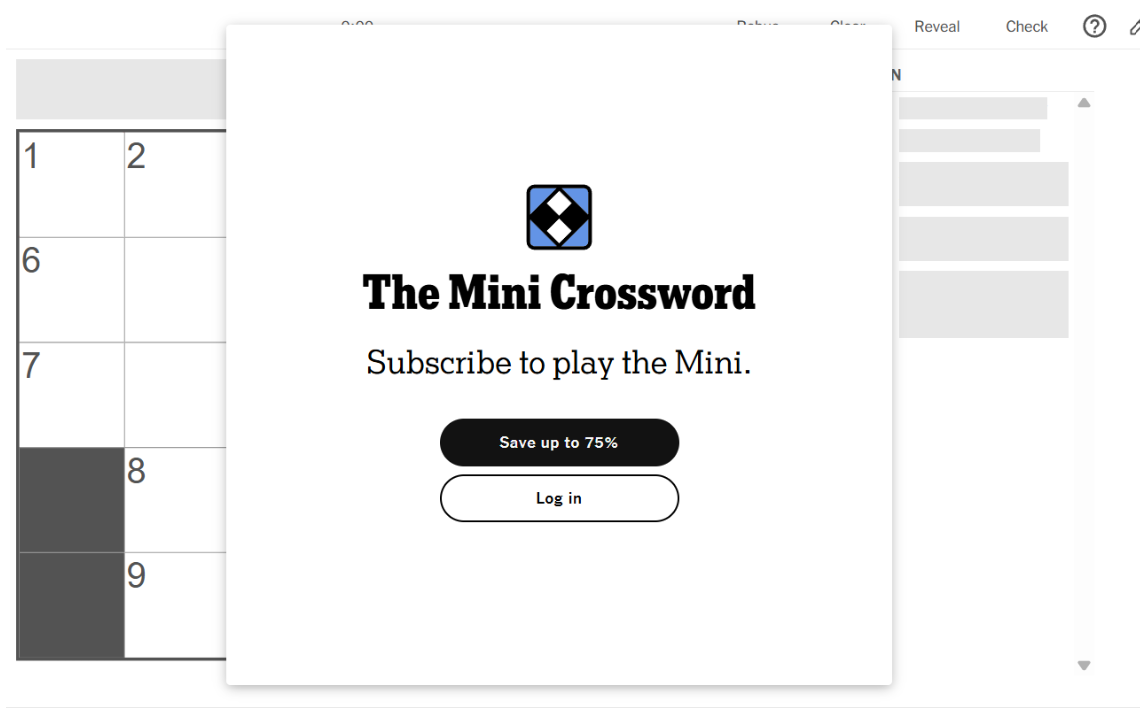







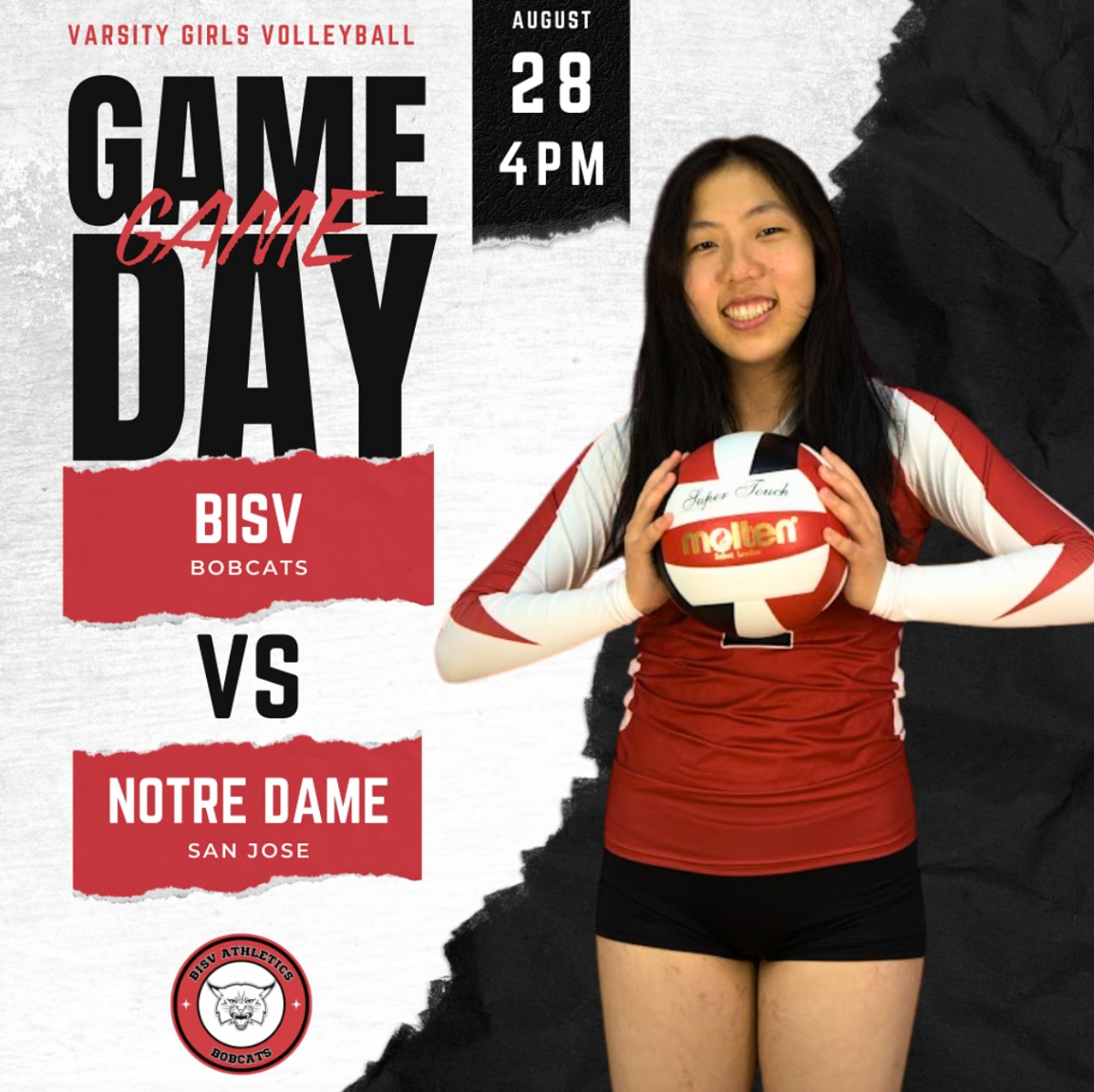
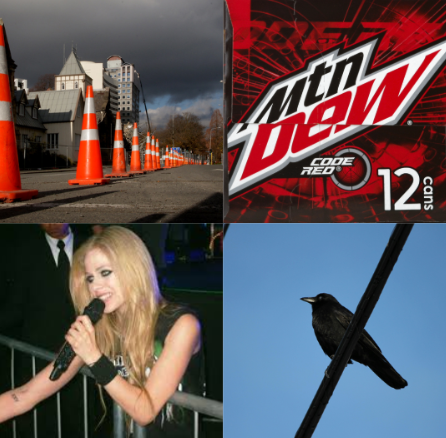
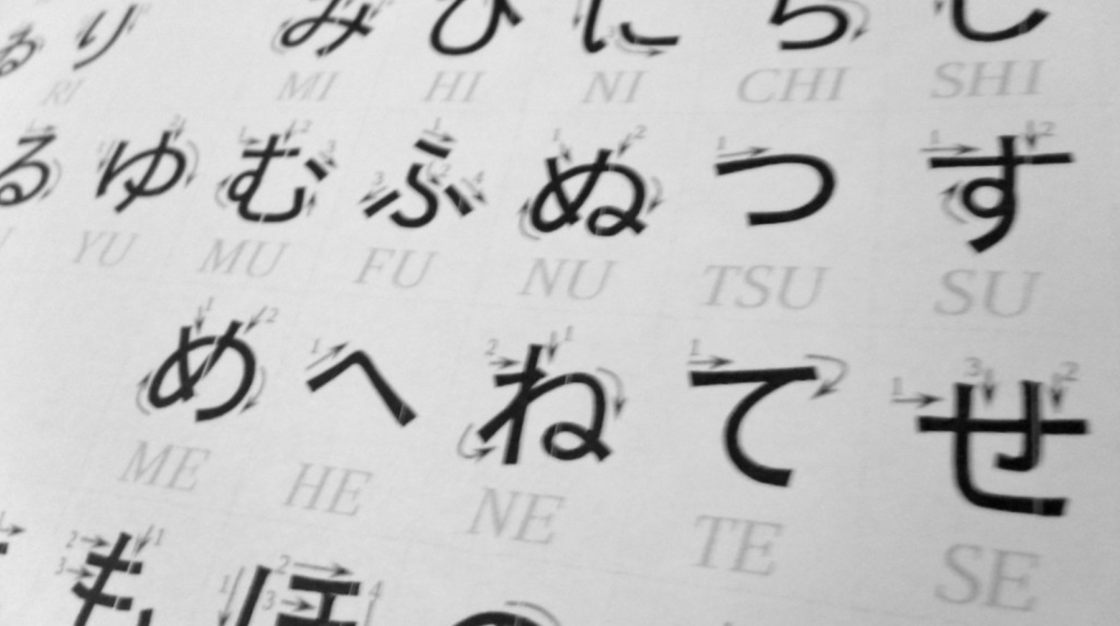
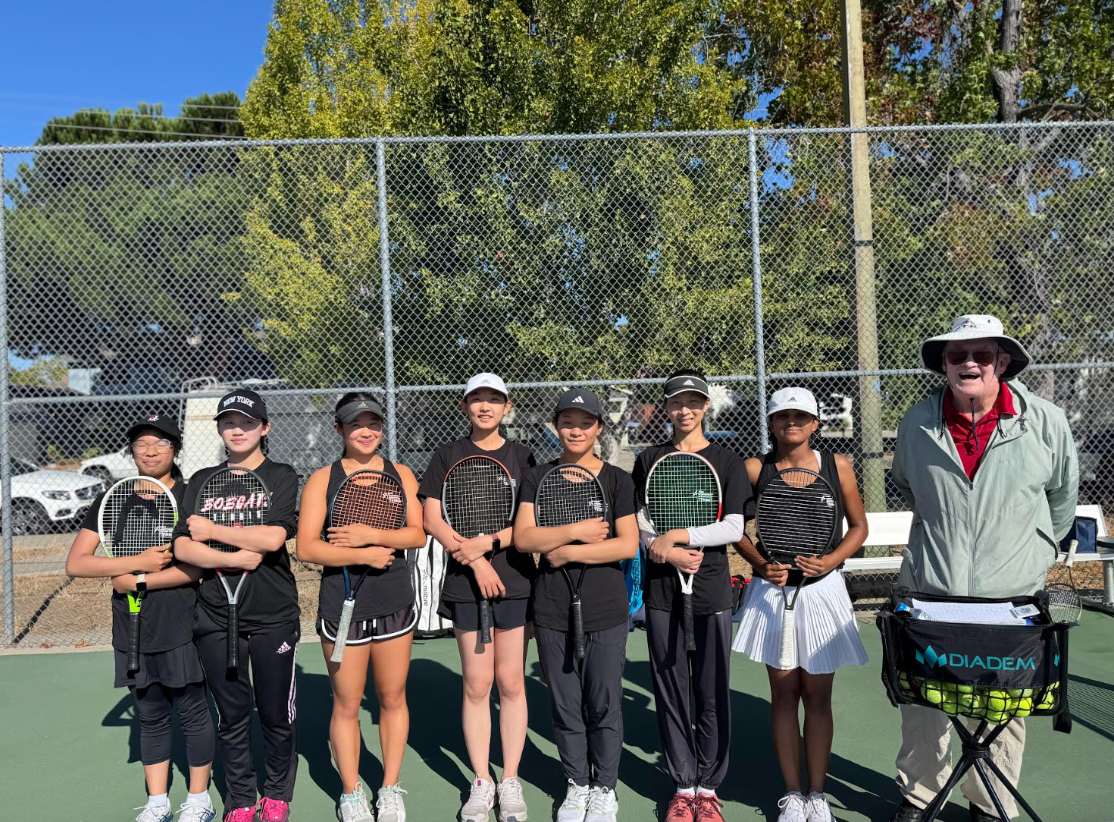





![Teacher [Milk] Tea: Part 2](https://bisvquill.com/wp-content/uploads/2024/03/Screen-Shot-2024-03-19-at-9.28.48-PM.png)











